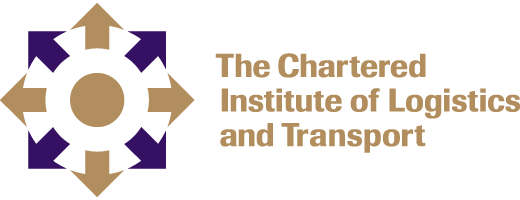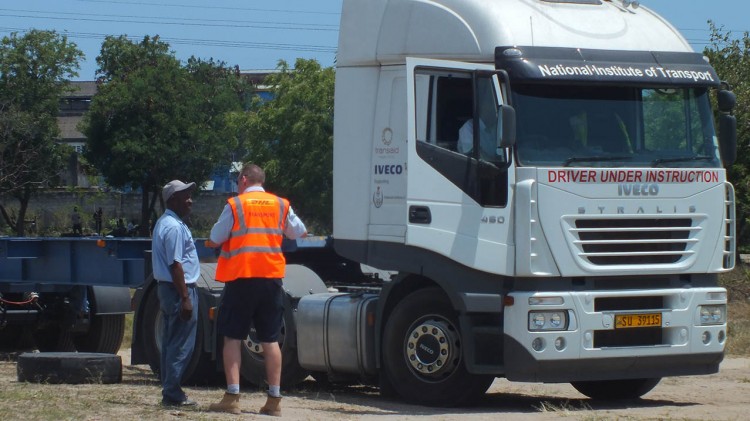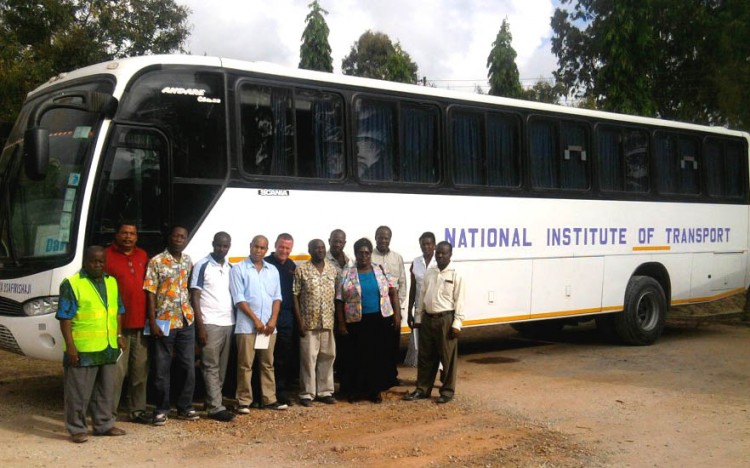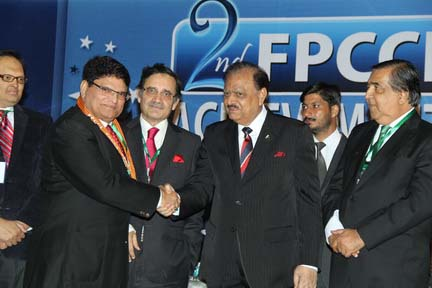Transaid is an international development charity that identifies, champions, implements and shares local transport solutions, improving access to basic services and economic opportunities in developing countries. Transaid’s Sam Clark attended the 2015 Africa Forum as a guest of CILT International and spoke on the work Transaid is doing to minimise road fatalities and injuries.
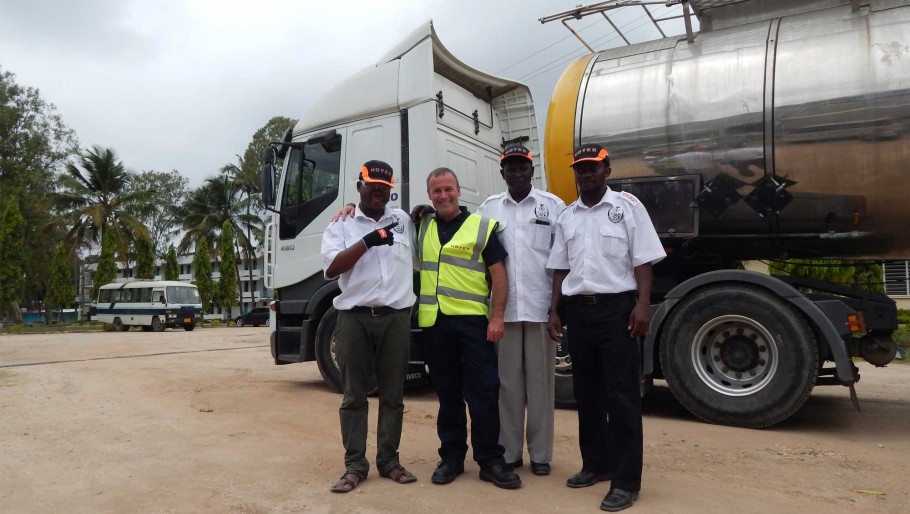
At Transaid we believe that transport is a major factor determining people’s access to essential services and indeed opportunities, and therefore has an integral role to play in eradicating poverty.
Founded by CILT and Save the Children, and requested by Her Royal Highness the Princess Royal, who remains the patron today, we started life as part of Save the Children in the mid-1980s before many of the large non-governmental organisations had their own in-house logistics teams.
In the late 1990s, Transaid moved away from emergency relief taking a longer term developmental approach becoming an independent charity in 1998.
Our principal areas of work are as follows:
- Community Managed Intermediate Modes of Transport: We provide access to appropriate forms of transport such as bicycle and motorcycle ambulances for communities where conventional forms of transport are not available or affordable. These life-saving technologies enable men, women and children in rural communities to reach health services when they are most in need
- Transport Management: We work with departments of health, governments and other organisations to improve the management and maintenance of their fleets. We do this by applying the Transaid Transport Management System to reduce costs, improve service delivery and increase operational efficiency
- Supply Chain Management: We work with Ministries of Health to implement systems to improve medical supply chains at the national level and to ensure drugs are carried that last mile to reach populations in remote and rural communities
- Road Safety: We promote professional driver training standards and develop driver training programmes, including the ‘training of trainers’ to improve driver competence, road safety and the efficient use of vehicles
Approximately 1.24 million people are killed on roads worldwide each year which equates to about 3500 road related deaths every day. 20-50 million people are injured and/or suffer long term disability as a result of a road crash. 90% of these deaths and injuries occur in developing countries – countries that are least able to deal with the scale of this problem – placing an extraordinary amount of pressure on what are already overburdened health systems and communities.
Road crashes are the single largest killer of young people between the ages of 15 and 29 in the world. They kill more young people than malaria, diarrhoea and HIV/AIDs combined. Road crashes cost an estimated 1-5% of gross domestic product in developing countries.
Road crashes have the potential to plunge households into poverty when, for example, a family’s main breadwinner is the person most likely to get killed or injured, with 59% of road deaths being young adults aged 15-44. As well as the long term loss in wages, there is the potential cost to families in having to pay for expensive medical treatment. But probably one of the most important things to remember, and the reason of why Transaid feels it can make a difference is that road crashes are preventable.
There are a whole host of different factors that need to be addressed in order to find a solution to this problem. Transaid’s focus is driver competency and national standards which is the area we feel we can make the most impact. By drawing on our close links with the Transport Industry in the UK and Europe Transaid, we can facilitate the transfer of skills to raise professional driver training standards with in-country partners, the National Institute of Transport (NIT) in Tanzania, and the Industrial Training Centre (ITC) in Zambia. Together we advocate for improved standards to be adopted at a national and regional level.
Transaid’s Road Safety Programme has achieved substantial success to date playing a pivotal role in helping shape policy, increase awareness and change driver behaviour. We have a fully funded Road Safety Project Manager in place based largely at the NIT in Tanzania. The ITC is now the principal provider of HGV driver training in the country and is recognised as so.
In the lifetime of this project, 13 different supporting transport companies have provided 67 training inputs transferring skills appropriate to local context. In terms of provision of training equipment, in 2014 alone; two forklift trucks have been shipped, one each to Tanzania and Zambia and two rigid trucks have also been donated, again one each to Tanzania and Zambia. This equipment will be crucial to maintaining their capacity to meet the training needs of the transport industry.
In Tanzania the driver training curriculum for Passenger Service Vehicles that we developed with our partners at the National Institute of Transport has already been mandated nationally and we are expecting the same for the HGV curriculum that we have developed.
More recently, increased recognition from international donors such as the World Bank and TradeMark East Africa has opened up the distinct possibility that improved standards can not only be mandated nationally, but standards can also be harmonised regionally.
This year saw the release of an updated strategy. Our approach has always been one which sees Transaid as building capacity at ground level to maximise the sustainability of the intervention. Our strategy is based on ensuring that the systems in place are strengthened to enable Transaid to step back in the longer term. We will also try to get as close as we possibly can to establishing the impact of driver training in the context of road safety and will be looking to design a long term research programme to achieve this.
Ultimately we would like to see improved standards harmonised regionally and this strategy recognises the need to seek the opportunity to influence this. We plan to do this by utilising the skills we’ve built in Tanzania, Zambia and Uganda in other contexts, sharing best practice between institutions, and continue to build capacity in this way.
We’ve already made an incredible start on this project having been asked to develop an appropriate motorcycle taxi driver training curriculum in Tanzania as part of the African Community Access Programme – and for this we’ve put together a project team comprising of representatives from the NIT, the ITC and Transaid.
We have also been asked to review and develop a training curriculum for drivers of large vehicles (freight and passenger) for adoption by the East African Community. With the support of our in country partners, we at Transaid believe that this project is making a hugely positive contribution to the global health crisis that the road safety problem certainly now constitutes.
